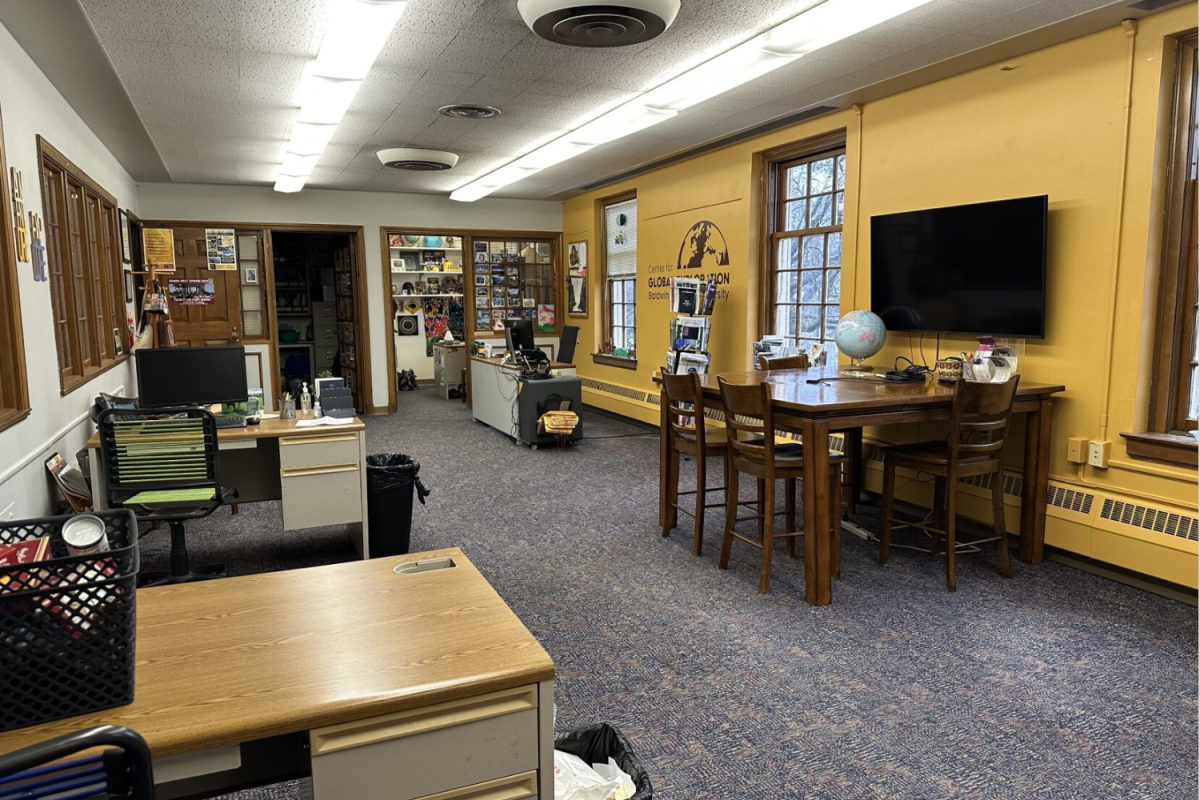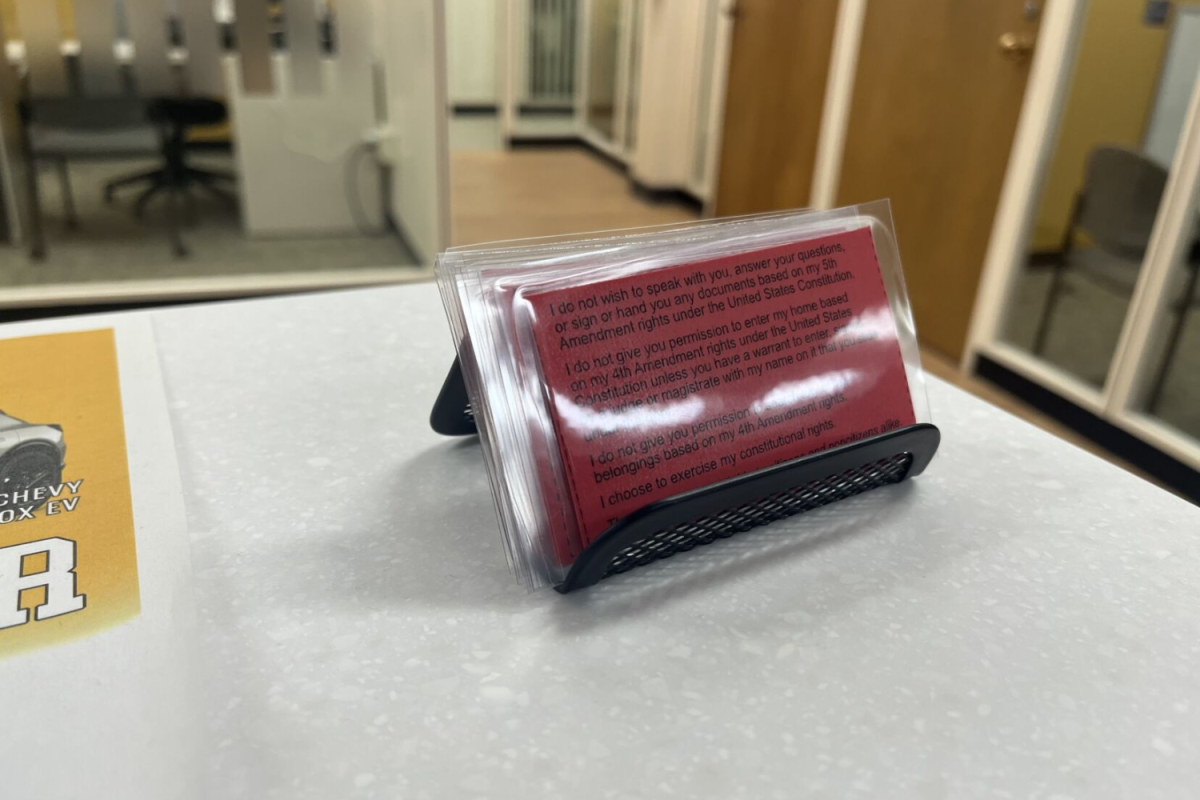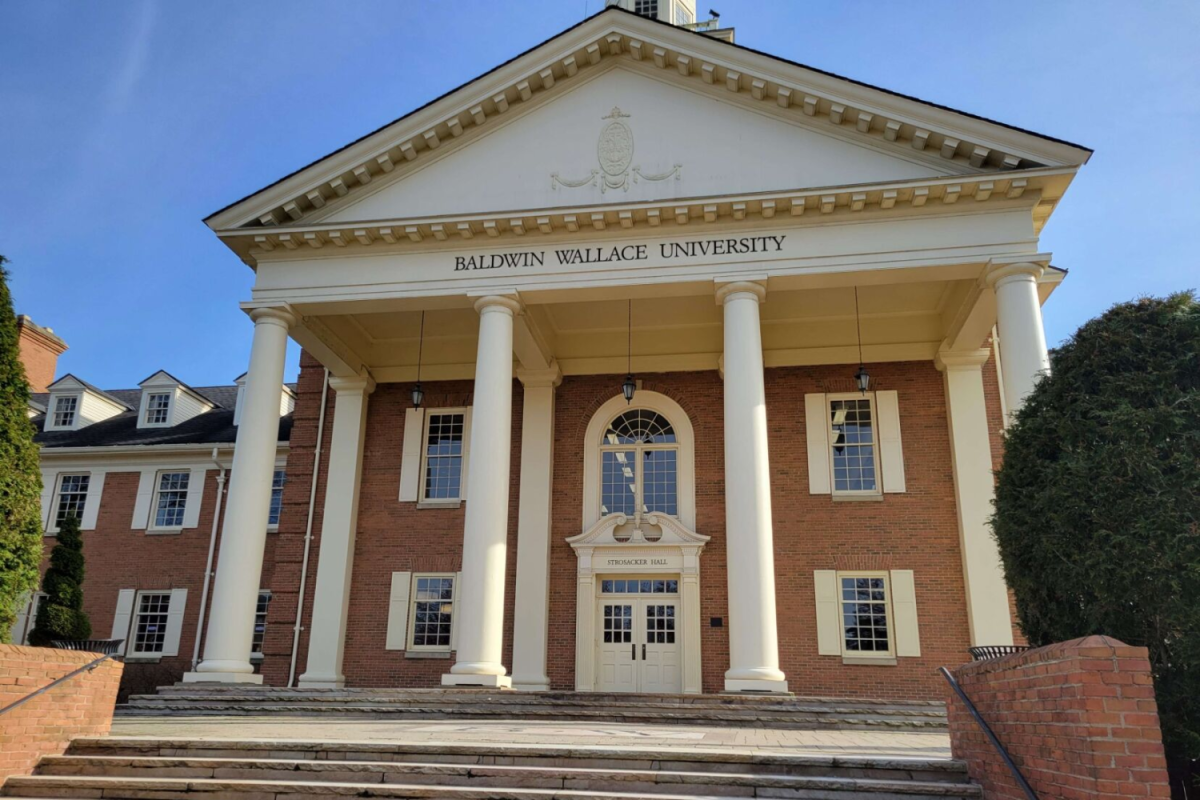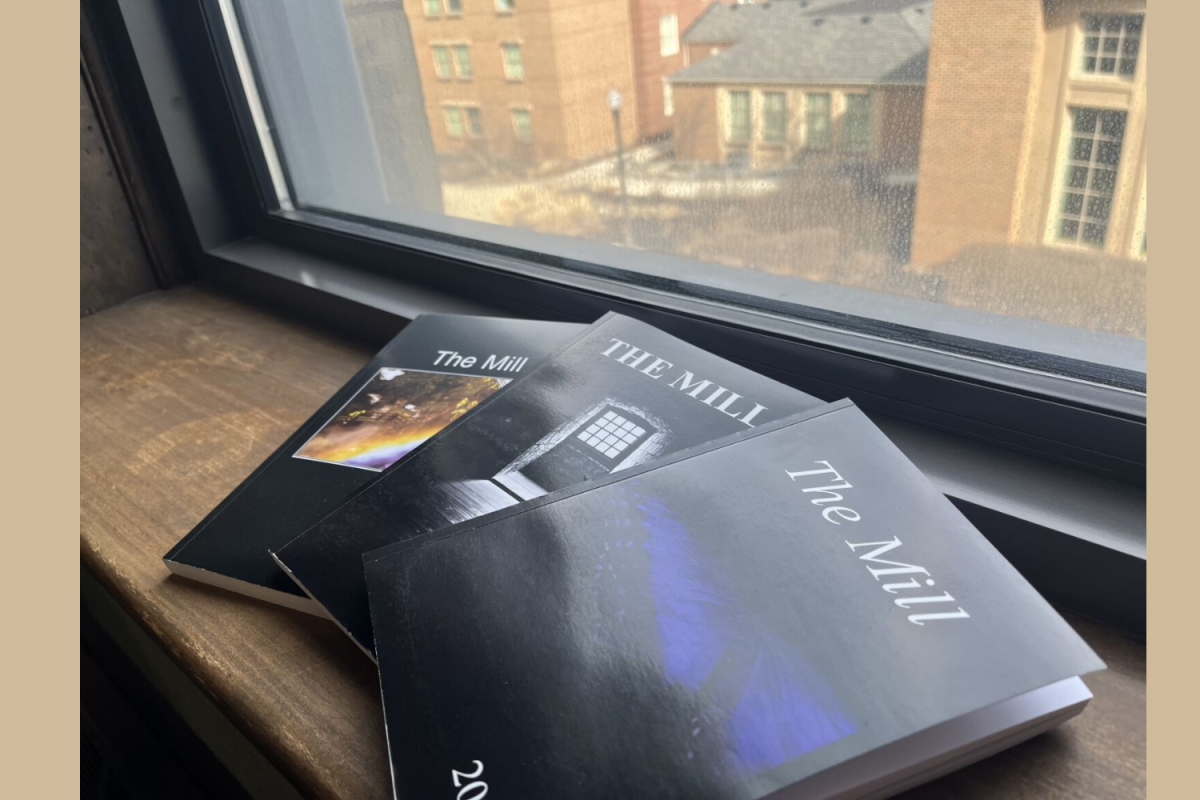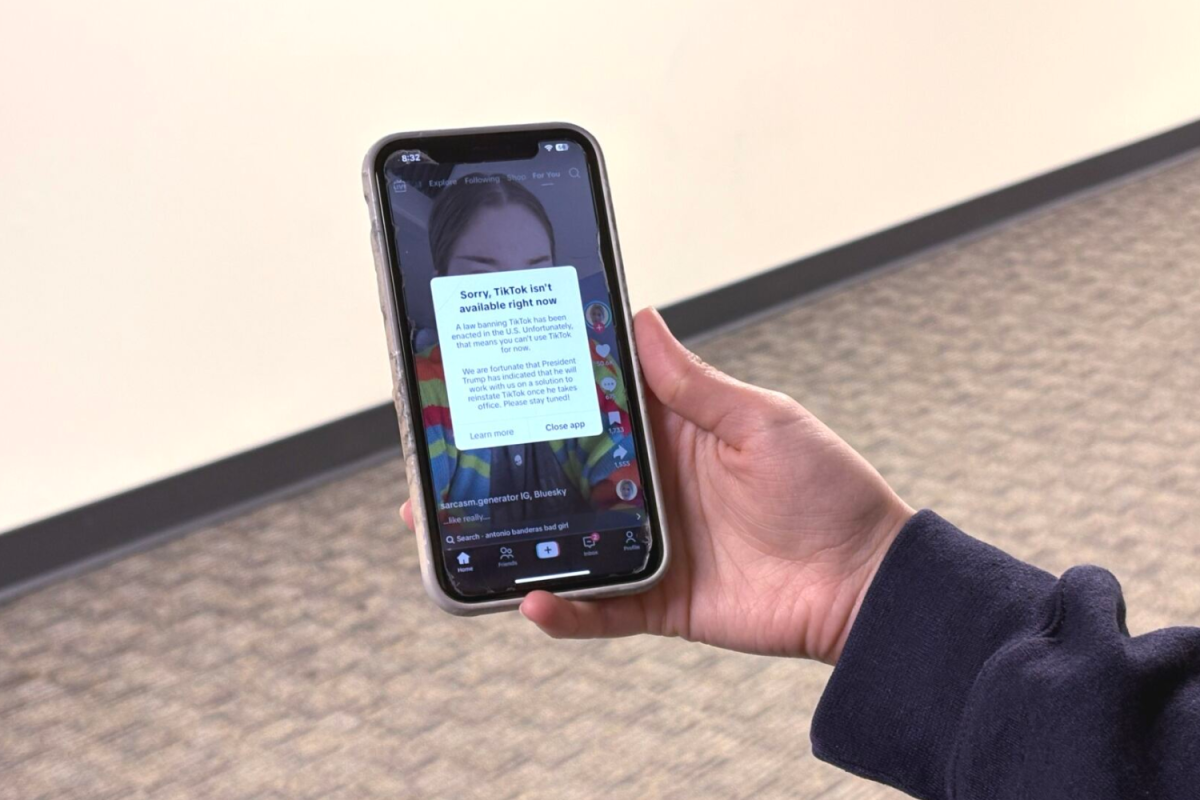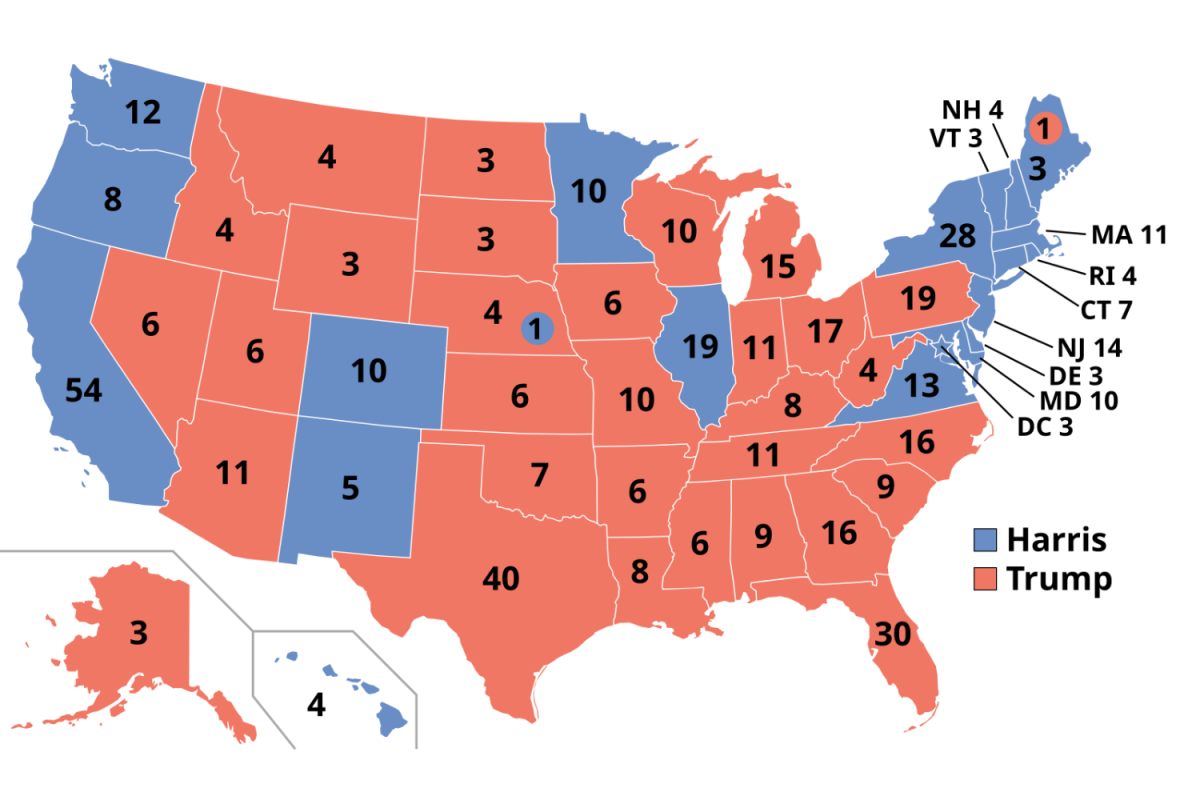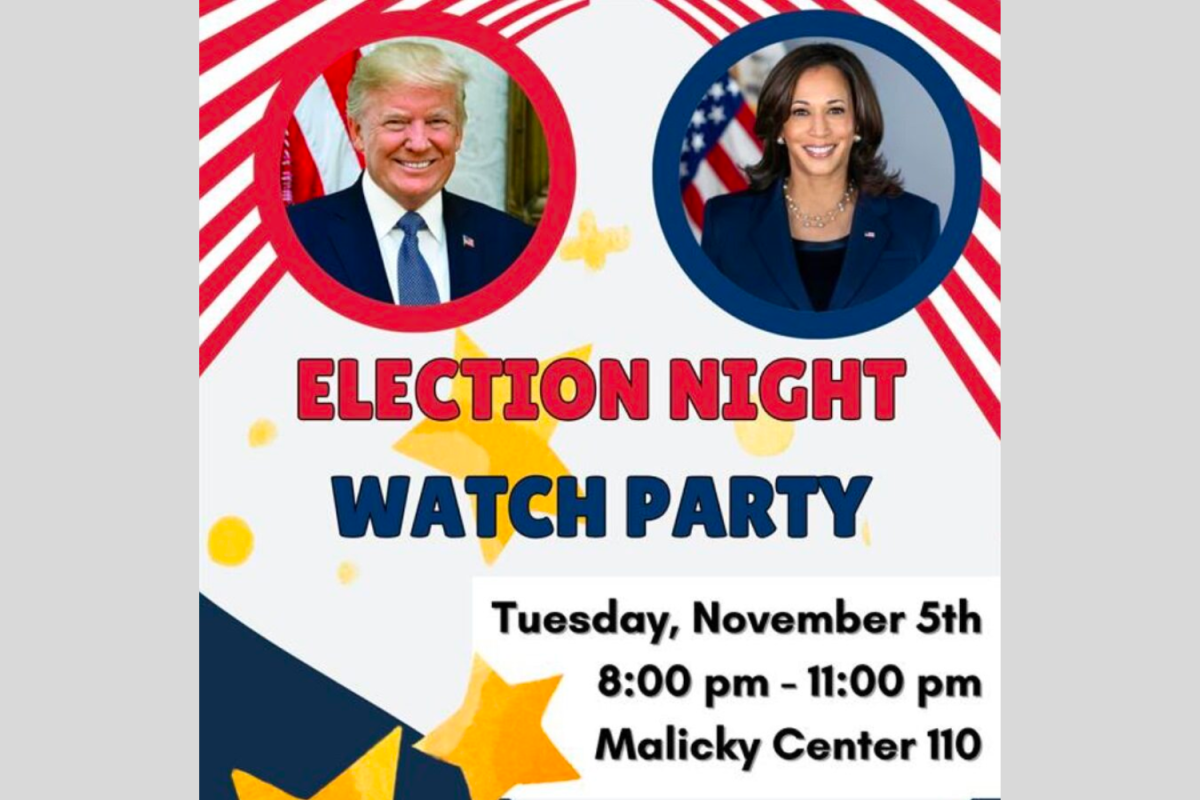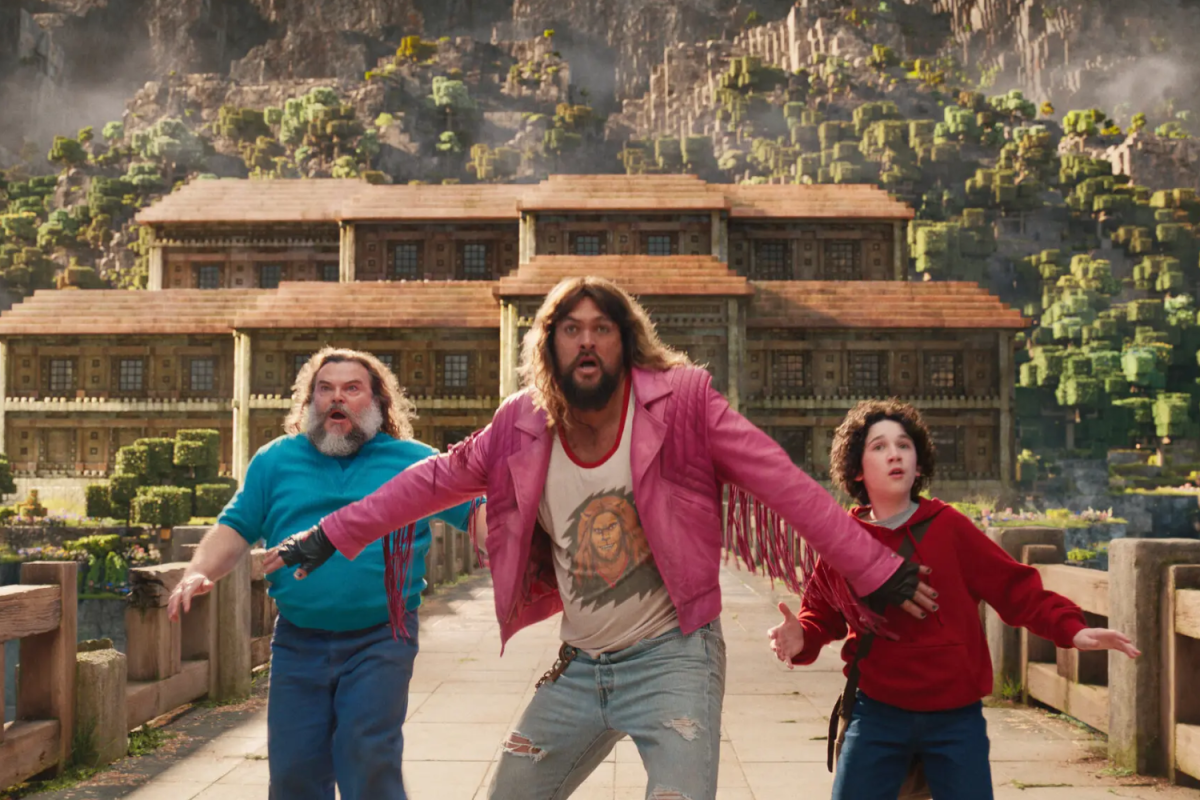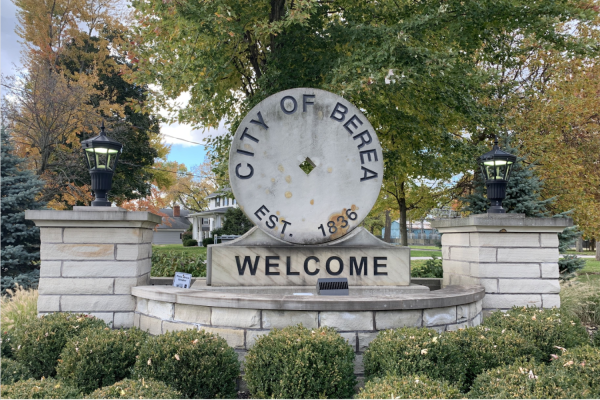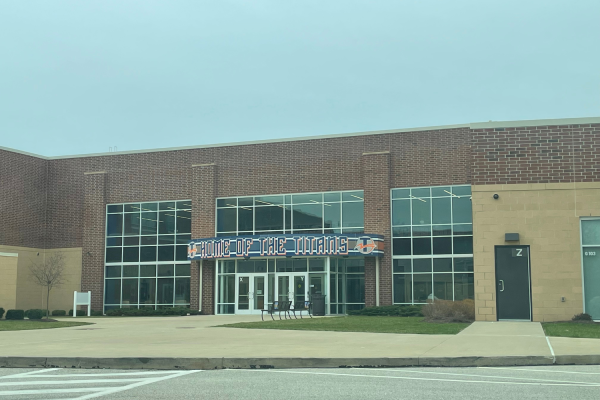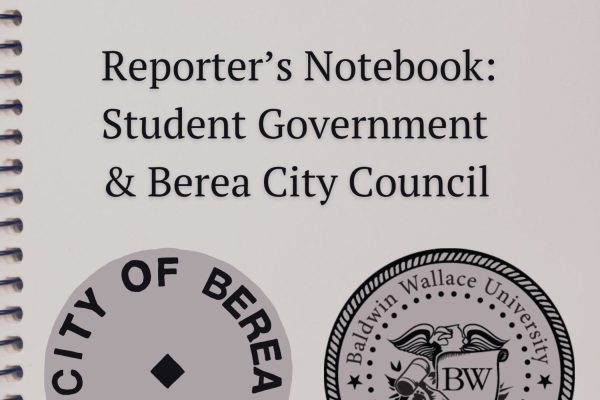Bibb’s mayoral win in line with BW poll
Justin Bibb became the mayor-elect of the city of Cleveland after Kevin Kelley conceded Tuesday night. Bibb will succeed Frank G. Jackson as the city’s first new mayor since 2006.
The Baldwin Wallace Community Research Institute, directed by BW professor Tom Sutton, conducted a poll of Cleveland residents in the weeks leading up to the election.
Residents who self-identified as registered voters participated in the poll, which had Bibb up 9 points and 40% of voters yet undecided in the first week of October.
“Clearly the bulk of the undecideds voted for Bibb, given the 24-point margin of his win over Kevin Kelley,” Sutton said.
CRI’s poll also gauged which issues participants prioritized. According to Sutton, schools and safety topped the list, with voters especially considering each candidate’s position on Issue 24, which proposed the establishment of the Community Police Commission. The civilian oversight board to handle police misconduct was supported by Bibb and opposed by Kelley.
“Issue 24 won by 19 points, correlating with Bibb’s 24-point win,” Sutton said.
In the last weeks before the election, both Bibb and Kelley worked to secure the undecided 40% of voters. Old-school canvassing, attending local events, and sending campaign literature to voters was a shared strategy between the two, but not the only ones each used.
“Kelley relied in part on support from the Building Trades Council for voter turnout,” Sutton said. The Cleveland Building and Construction Trades Council provides coordination and support to the efforts of local unions that fall under its affiliation, according to CBCTC.org, and had endorsed Kelley earlier in the year.
“Bibb motivated a group of student volunteers through [Case Western Reserve University] and area high schools to help with neighborhood canvassing,” Sutton said in an email to The Exponent.
Bibb’s move to mobilize young people was central to his campaign and his win.
“The clear message is that young voters matter. The Bibb campaign motivated and mobilized young voters to get involved, which was a key element of his success,” Sutton said.
BW students can get involved in the local political process and make their voices heard by voting and volunteering their time. The Politics and Global Citizenship Department receives information on volunteer opportunities with local campaigns.
“The work of distributing campaign flyers and making phone calls may not be the most enjoyable,” Sutton said, “but the energy of a campaign and the celebration of a win are worth the effort (not to mention the satisfaction of being part of making democracy work!)”
The Exponent is looking for financial contributions to support our staff and our newsroom in producing high-quality, well-reported and accurate journalism. Thank you for taking the time to consider supporting our student journalists.

